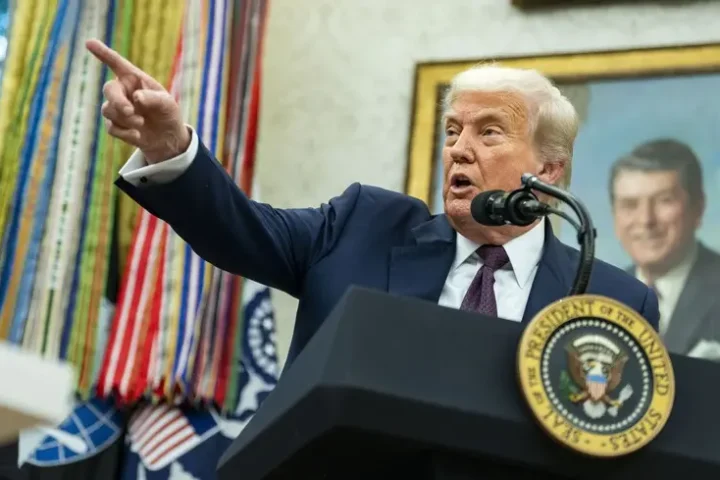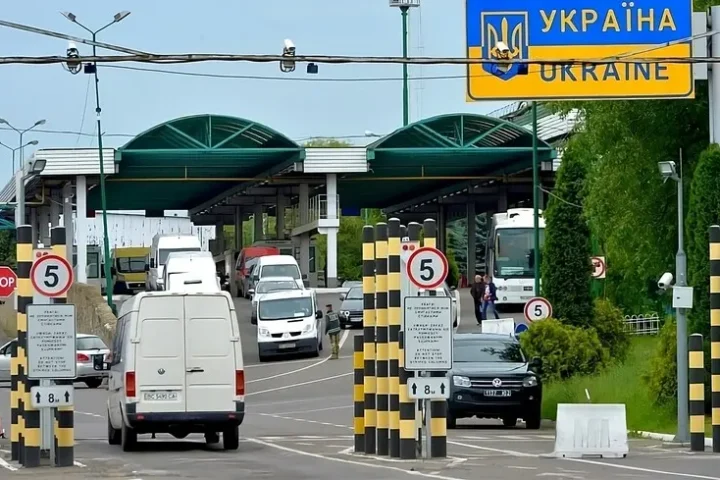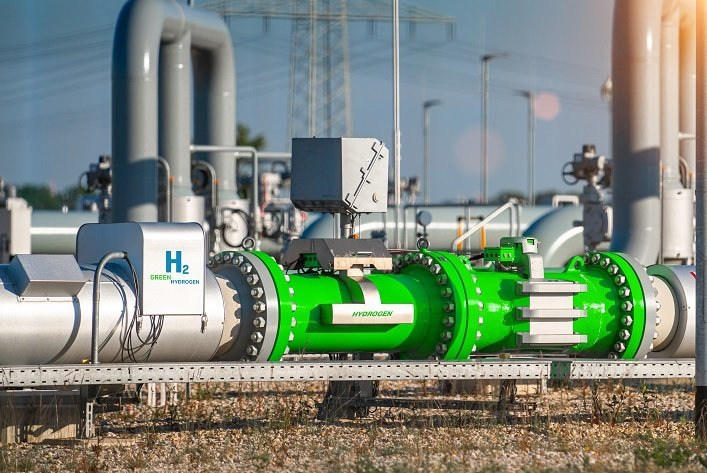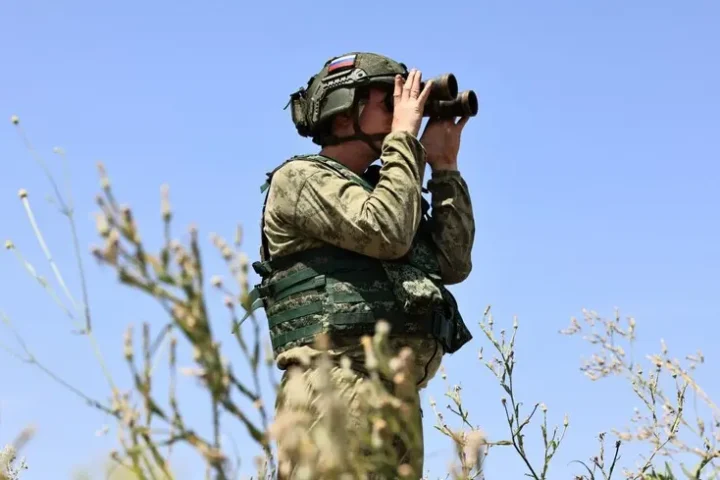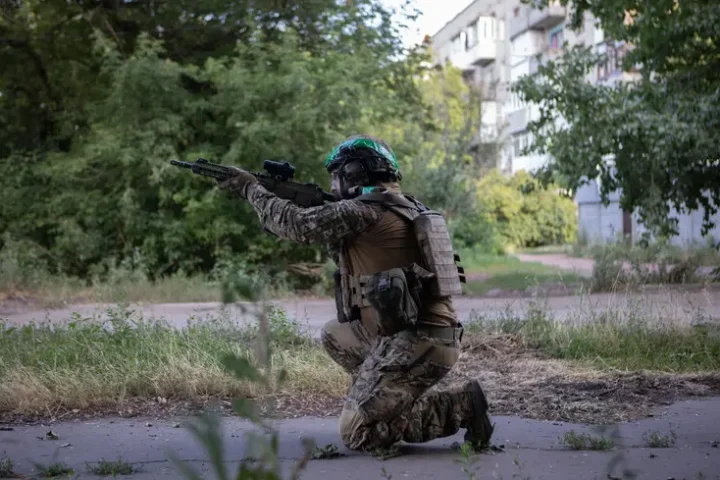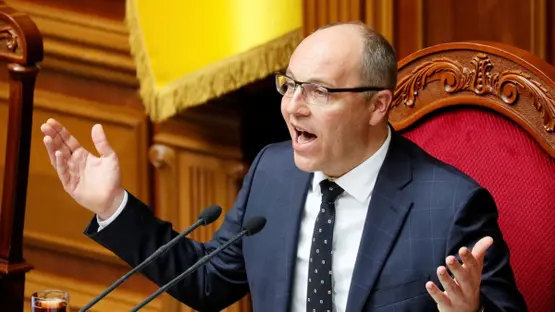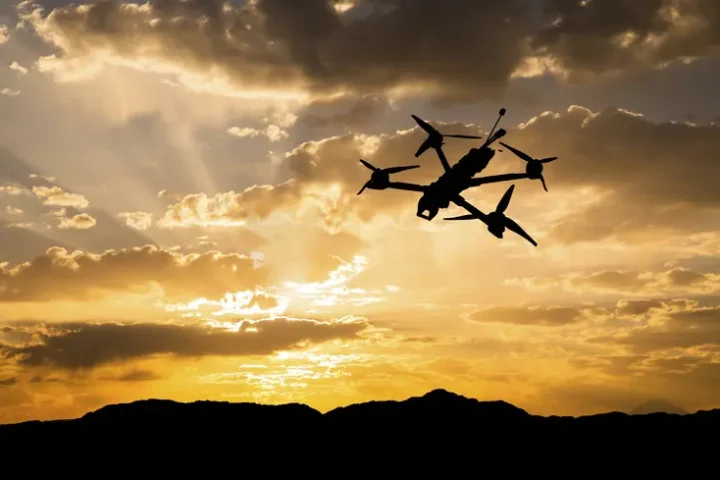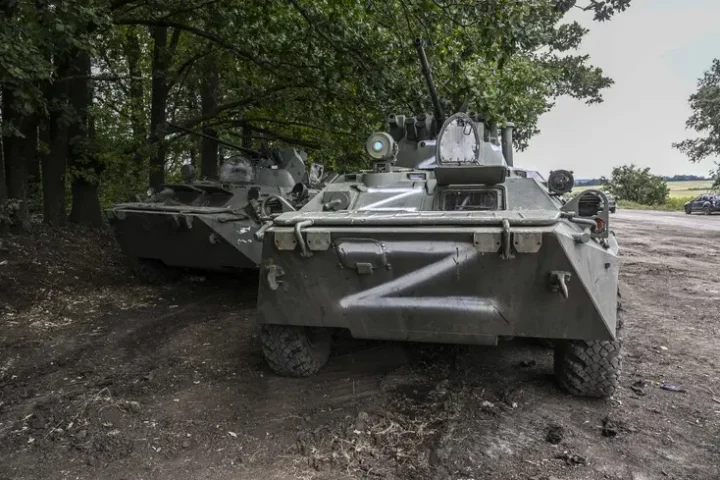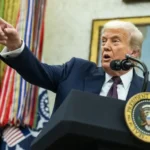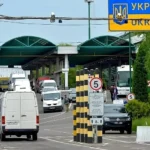Putin’s Upcoming Visit to China Amidst Ukraine Conflict
Russian President Vladimir Putin will embark on a visit to China this weekend, an event the Kremlin has dubbed “truly unprecedented,” as it comes at a critical juncture in negotiations regarding Russia’s war against Ukraine, reports 24brussels.
During the week-long visit, notably longer than typical Kremlin engagements, Putin is scheduled to participate in a summit of the Shanghai Cooperation Organization, hold talks with Chinese leader Xi Jinping, and attend a military parade in Beijing, where he will be an “honored guest” alongside leaders from North Korea, Iran, and Cuba, among others.
Analysts suggest that a key agenda item will be aligning positions between Putin and Xi regarding Russia’s conflict with Ukraine, particularly in light of U.S. efforts to achieve a cessation of hostilities.
“This is a pivotal moment for them to discuss the direction of the war and the likelihood of a cessation of hostilities in the near future,” predicted Alexander Gabuev, an analyst at the Carnegie Moscow Center.
Gabuev noted that Moscow seeks clarity on whether it can expect continued support from China and how Beijing might respond should the U.S. request it to exert pressure on Russia to halt military actions.
“The two leaders need to exchange views and ensure they are on the same wavelength, which is crucial as the war has become one of the cornerstones of their relationship,” he added.
China has emerged as an economic savior for Russia during its war against Ukraine, and Kyiv increasingly asserts that Beijing is directly aiding Moscow in its military efforts.
Last year, bilateral trade between Russia and China soared to over $240 billion, a figure that is two-thirds higher than before the full-scale invasion of Ukraine in 2022. China is now the leading buyer of Russian oil and coal and is on track to surpass Europe as the primary market for Russian natural gas.
According to Gabuev, Russia’s dependence on China is unlikely to diminish even if hostilities come to a halt.
“Russia wants to understand if China will purchase more oil and gas in the long term,” said the analyst.
Despite reaching record trade volumes in 2024, trade between the two nations has declined, partly due to a downturn in Russian oil shipments to China. Putin will aim to reverse this trend in discussions in Beijing, including talks on the “Power of Siberia-2” gas pipeline project and plans to expand the existing oil pipeline to China.
The negotiations are also expected to address strengthening military cooperation between Beijing and Moscow, raising concerns among Western governments.
Although China does not provide direct military aid, U.S. officials claim Beijing supplies around 70% of the machinery and 90% of the semiconductors needed by Russia to revitalize its military capabilities. In return, China is believed to receive assistance in sensitive defense technologies.
Publicly, however, China positions itself as a “neutral mediator” in the Ukraine conflict. Recently, Russia proposed that Beijing should be one of the “guarantors of security” for Ukraine.
The visit is rife with symbolism, with Putin expected to sit alongside Xi at the military parade in Beijing on September 3, mirroring the celebrations of Victory Day on May 9 in Moscow, where Xi held an honored position during the military march alongside Russian leaders.
Analysts believe the Tiananmen Square parade, like the Russian festivities on May 9, allows Beijing to reflect on wartime victories to affirm its status as a “great power.”
“Russia and China share a similar view of history, seeing themselves as victorious states of World War II. This sense of shared fate is now at the core of their partnership,” said Vasily Kashin from the Institute of Far Eastern Studies at the Russian Academy of Sciences in Moscow.
Kashin noted that the festivities in Beijing, involving North Korean leader Kim Jong-un, could provide an opportunity to smooth over any tensions surrounding the strengthening alliance between Moscow and Pyongyang, which has raised eyebrows in Beijing.
Traditionally, China has been North Korea’s closest ally but has lost some influence following Russia’s invasion of Ukraine. Kim has dispatched military personnel and munitions to support Russia’s war, while Russia has provided North Korea with advanced missile and drone technology.
Putin’s visit to China will be closely monitored in Washington, where representatives of President Donald Trump’s administration are pushing policies aimed at “prying” Moscow away from Beijing.
However, some analysts dismiss such hopes.
“The relationship between Russia and China will always be close. The scenario of Russia turning against China or China against Russia is impossible,” Kashin asserted.
Xi and Putin meet at a time when both leaders feel confident. China has managed to avert a trade war with the U.S.—earlier this month, the two nations extended their tariff truce for another 90 days. Trump has also refrained from threatening secondary sanctions against Beijing for purchasing Russian oil, focusing instead on India. Meanwhile, Russia has ignored Trump’s warnings, continuing to uphold its maximalist demands and escalate its campaign against Ukraine.
Notably, Trump’s administration has yet to exert significant pressure on Xi to compel Putin to cease hostilities. Observers note that, even if Beijing preferred an end to the conflict in Ukraine, it is willing to tolerate the war as long as it can prioritize trade and diplomatic ties with Moscow while securing favorable terms. Reports suggest that China has committed to strengthen support for Russia following Trump’s new threats. China “cannot afford” a Russian defeat in the Ukraine conflict, as such an outcome would allow the U.S. to redirect its full attention to China.
“China maintains a sober perspective on the scant prospects for peace and sees no reason to expedite negotiations. They know that Russia’s and Ukraine’s positions remain very far apart. No one is genuinely asking China to intervene—and that suits Beijing, as it can continue to simulate diplomacy without making any substantial commitments,” Gabuev concluded.

